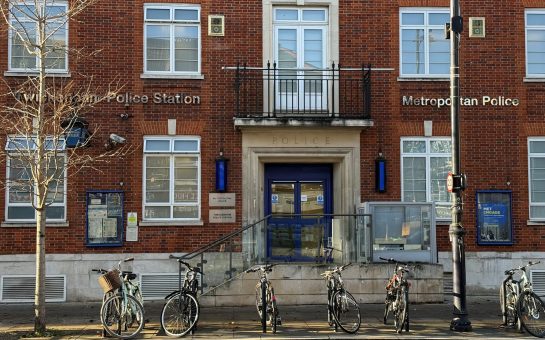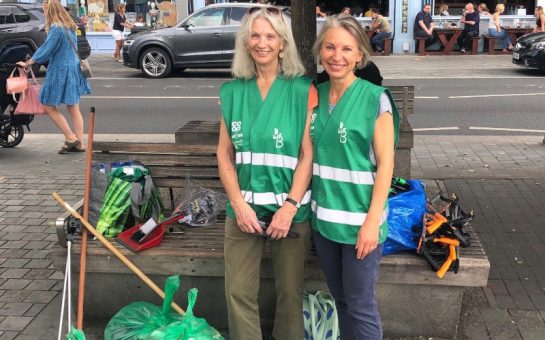Kingston and Richmond Youth Council have introduced an anonymous sexual harassment survey, in response to a recent Ofsted report showing the scale of the problem in schools.
In partnership with Achieving for Children, Kingston and Richmond Youth Council want to establish the extent of sexual harassment against female pupils in the boroughs’ schools and colleges.
This comes after Ofsted published its review of sexual abuse and harassment on 10 June, which concluded that sexual harassment had become “normalised” in schools.
Four out of five girls reported that sexual assault happened either a lot or sometimes between their people their age in secondary schools and colleges.
Cllr Penny Frost, Chair of the Education and Children’s Services Committee for Richmond upon Thames, said: “Sexual harassment and abuse have no place in Richmond upon Thames and it’s important that data is gathered to assess the situation locally.
“The Kingston and Richmond Youth Council ensure young people’s voices are heard and have the power to influence important decisions that affect the lives of young people in both boroughs.
“So, if you feel comfortable, please take the time to fill out the survey.”
The council invites female pupils to complete the survey to gather important data to drive changes in the safeguarding policies of schools and colleges.
The survey is targeting 13-19-year-old female pupils in the boroughs of Richmond and Kingston, and refers to sexual harassment as unwanted verbal or physical behaviour of a sexual nature.
The Ofsted report spoke anonymously to over 900 children and young people across 32 schools and colleges.
It showed that 92% of girls reported sexist name-calling happening a lot or sometimes, with 80% reporting unwanted or inappropriate sexual comments and 68% reporting children feeling pressured to do sexual things they didn’t want to do.
Ofsted reported teachers at the schools they visited underestimated the scale of the problem.
They either did not identify sexual harassment and sexualised language as problematic, or they were unaware they were happening.
Later this year, the council will also run a survey aimed at male pupils’ experiences.




